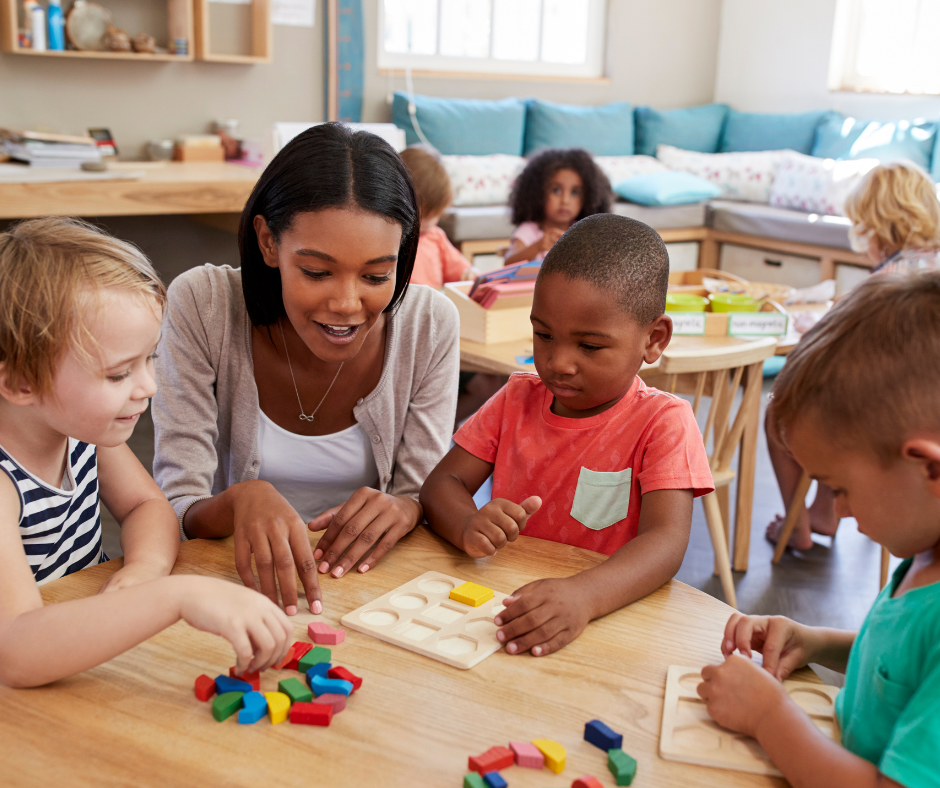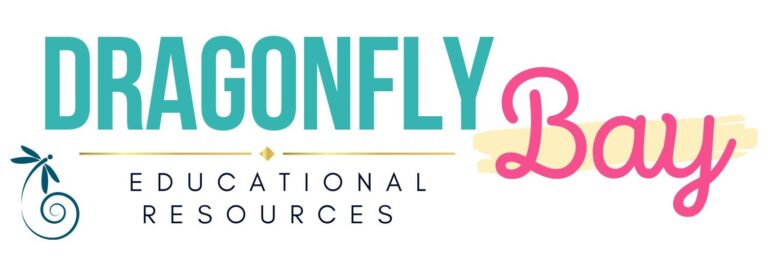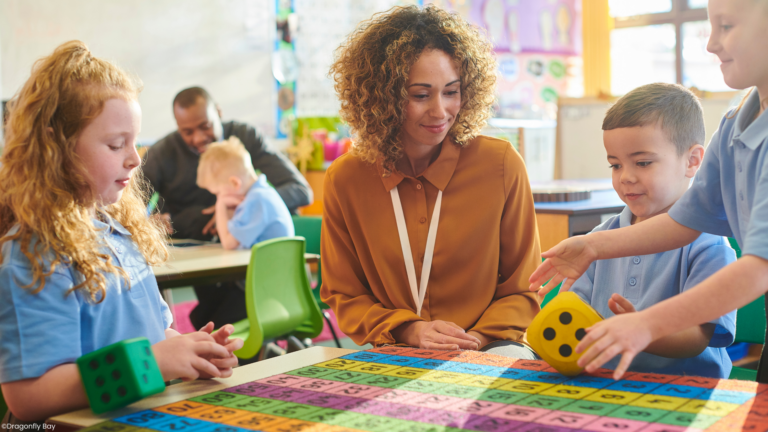
Introduction
Teaching is a journey filled with excitement, challenges, and lessons that shape not only our students but also ourselves as educators. As I reflect on my first year of teaching, I realize how transformative this experience has been. From the initial nerves of my first day to the enriching relationships I’ve built with students and colleagues, every moment has contributed to my growth. This article aims to share the insights I’ve gained, the challenges I’ve faced, and the tips that can help new educators navigate their first year effectively.
Why I Chose Teaching
Deciding to become a teacher was not a spontaneous decision. It stemmed from a deep-seated passion for education and a desire to make a difference in the lives of young people. I wanted to inspire curiosity, foster a love for learning, and create an environment where students felt safe and valued. This motivation became my guiding light during the tough days.
Setting the Scene: My First Day
The anticipation was palpable as I walked into the classroom for the first time. I remember meticulously arranging the desks and creating a warm, inviting space. Yet, as the students filed in, I was met with a mix of anxiousness and excitement. The reality of standing in front of a room full of eager faces was exhilarating and nerve-wracking. I quickly learned that the first day sets the tone for the entire year, making it crucial to establish a positive and engaging atmosphere.
Lessons Learned
Embracing Flexibility
One of the most significant lessons I learned was the importance of flexibility. Plans often need adjusting; lessons may not go as intended, and unexpected challenges will arise. Adaptability became my best friend. By staying open to change, I was able to pivot when necessary, ensuring that my students remained engaged and excited about learning.
For instance, on a day when a planned science experiment fell flat, I seized the opportunity to turn it into a discussion about what went wrong and how we could troubleshoot similar issues. This not only salvaged the lesson but also encouraged critical thinking among my students.
The Importance of Building Relationships
Creating lasting relationships with students is pivotal in fostering a conducive learning environment. I quickly realized that knowing my students beyond their academic abilities helped create a community where everyone felt respected and valued. Engaging with them through casual conversations or finding common interests made it easier to connect and understand their needs.
Additionally, building relationships with parents and guardians played a crucial role. Regular communication, whether through newsletters or informal chats, helped establish trust and a shared commitment to each child’s education. This collaboration ultimately led to a more supportive learning environment.
Classroom Management Strategies That Worked
Classroom management is often a daunting aspect of teaching, especially for new educators. I discovered a few strategies that significantly improved my classroom dynamics. Firstly, setting clear expectations from the outset was key. I co-created a set of classroom rules with my students, ensuring they took ownership of their learning environment.
Moreover, incorporating positive reinforcement helped foster good behavior. Celebrating small victories, whether through verbal praise or a simple reward system, encouraged students to engage positively. I noticed that a well-managed classroom not only enhanced learning but also built a sense of community among students.
Learning from Mistakes
Mistakes are inevitable in any profession, especially in teaching. Instead of viewing them as failures, I learned to embrace them as opportunities for growth. Each misstep—be it a lesson that didn’t resonate or a miscommunication with a student—provided valuable insights that shaped my teaching approach.
Reflecting on these experiences allowed me to adjust my strategies and enhance my effectiveness as an educator. I began to understand that vulnerability in admitting mistakes could also create a learning environment where students felt safe to take risks themselves.
Tips for New Educators
Establishing a Routine
A well-structured routine can make a world of difference in both teachers’ and students’ lives. In my experience, having a consistent daily schedule helped students know what to expect, reducing anxiety and promoting a sense of security. I devised a morning routine that included announcements, a brief review of the previous day’s learning, and a fun icebreaker activity to start the day on a positive note.
Moreover, incorporating breaks and transitions kept the energy high and allowed students to reset their focus. Routine not only benefits students but also supports teachers in managing time efficiently, paving the way for a more organized teaching environment.
Finding Your Support System
Teaching can be isolating, especially for new educators. I quickly learned the importance of surrounding myself with a strong support system. Mentorship from experienced teachers provided invaluable guidance and reassurance during challenging times. They offered practical tips, emotional support, and a listening ear, making the teaching journey less daunting.
Additionally, collaborating with peers fostered a sense of camaraderie. Regular discussions about teaching strategies and sharing experiences created a collaborative atmosphere that encouraged professional growth. Finding allies within the school community can enhance both your teaching experience and your classroom effectiveness.
Prioritizing Self-Care
Amidst the chaos of lesson planning, grading, and classroom management, self-care often takes a backseat. However, I quickly learned that prioritizing my well-being was crucial for sustaining my energy and enthusiasm for teaching. Simple practices, such as setting aside time for hobbies, exercising, or engaging in mindfulness, helped me recharge.
Moreover, establishing boundaries around work hours ensured that I maintained a work-life balance. Recognizing that I couldn’t pour from an empty cup was a significant realization that ultimately benefited both my mental health and my students.
Continuing Education and Professional Development
The field of education is ever-evolving, making continuous learning essential. I sought out professional development opportunities, from workshops to online courses, to stay abreast of new teaching methodologies and educational technology. This commitment to growth not only enriched my teaching practices but also modeled a life-long learning mindset for my students.
Furthermore, actively participating in educator communities, whether online or in-person, provided a platform to share resources, insights, and innovations. These connections not only expanded my knowledge but also fostered a sense of belonging within the teaching profession.
Conclusion
Looking Ahead: What’s Next?
As I reflect on my first year of teaching, I feel a mix of pride and anticipation for the future. Each lesson learned has equipped me with the tools necessary for ongoing growth and development. I look forward to implementing what I’ve discovered, continually adapting my practices, and further enhancing my students’ learning experiences.
Final Thoughts for New Teachers
Teaching is undoubtedly a challenging yet profoundly rewarding career. Embrace the journey with an open heart and mind. Remember that every day is an opportunity to learn and grow, both for yourself and your students. Building relationships, being flexible, and prioritizing self-care are essential components of a successful teaching experience. The challenges may seem daunting, but with perseverance and passion, you can create an impact that lasts a lifetime.
FAQs
What is the biggest challenge for new teachers?
Many new teachers struggle with classroom management and establishing a rapport with students. Flexibility and adaptability can help navigate these challenges effectively.
How can I build relationships with my students?
Engage in meaningful conversations, show genuine interest in their lives, and foster a supportive learning environment. Consistency in your interactions will help build trust.
How can I manage my time effectively as a new teacher?
Establish a daily routine, prioritize tasks, and set clear boundaries between work and personal time. Utilizing planning tools can streamline your workload.
Is professional development necessary for teachers?
Yes, ongoing professional development keeps teachers updated on best practices, new research, and innovative teaching strategies, which ultimately benefit their students.
What self-care practices should I consider as a teacher?
Incorporate activities that promote relaxation and joy, such as exercise, hobbies, or mindfulness practices, to help maintain your emotional and mental well-being.


